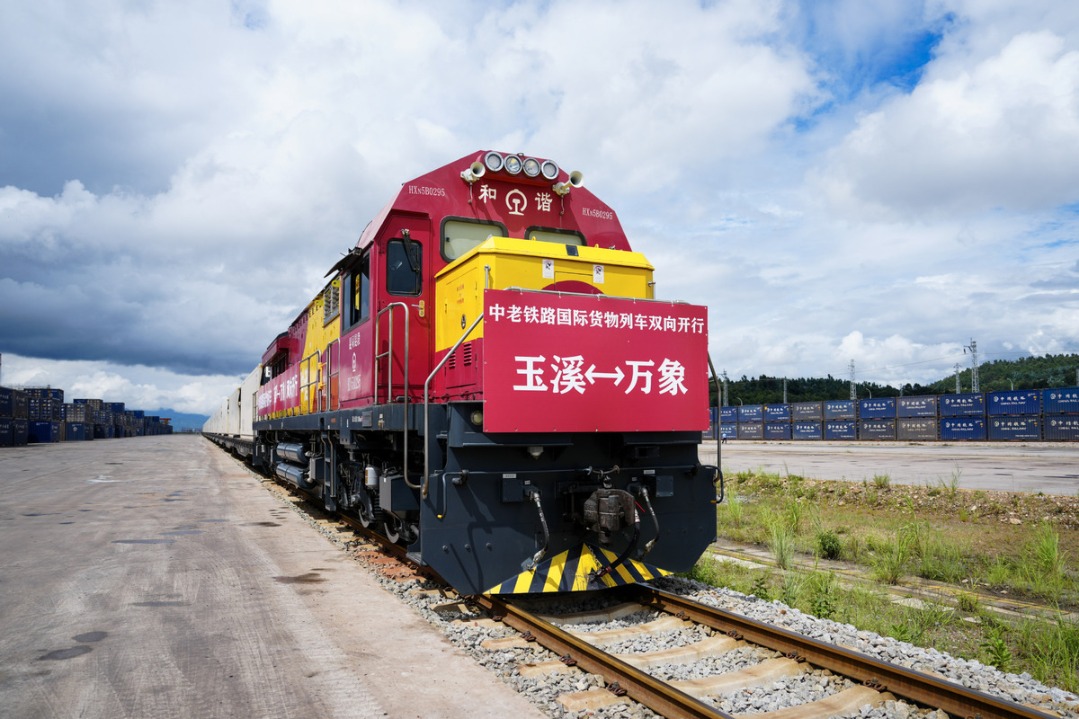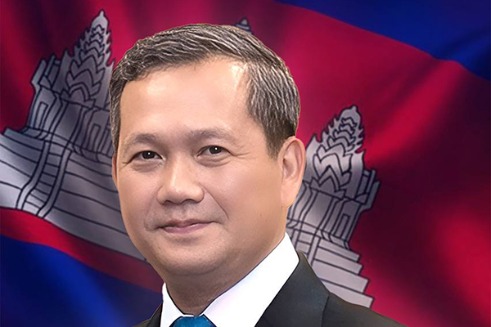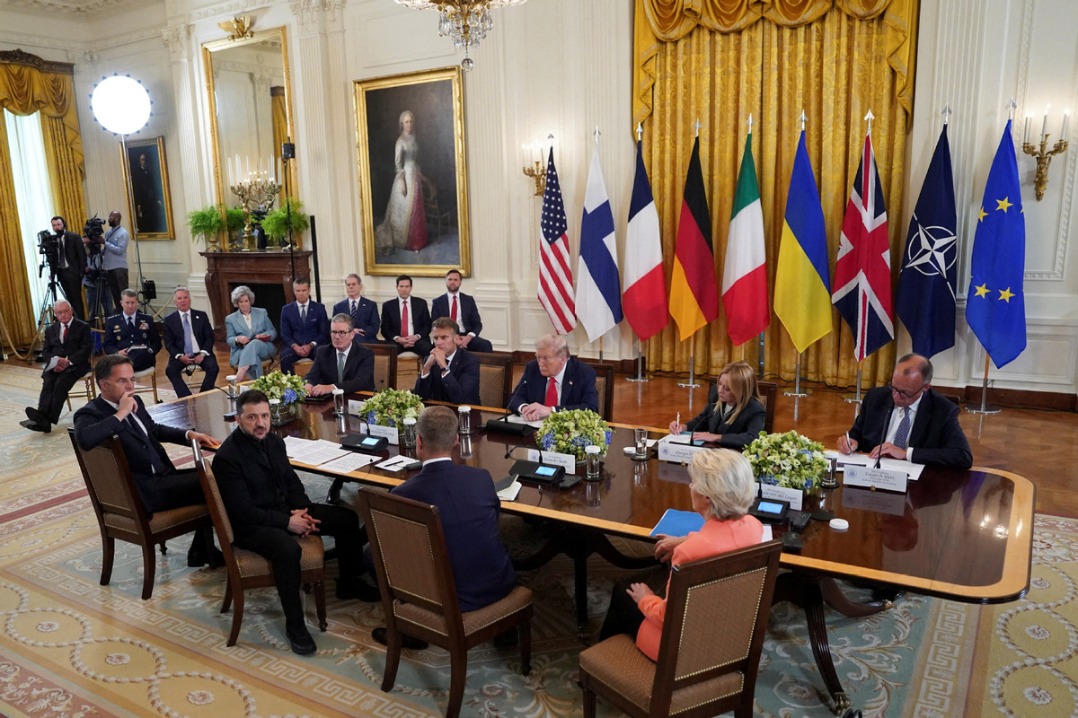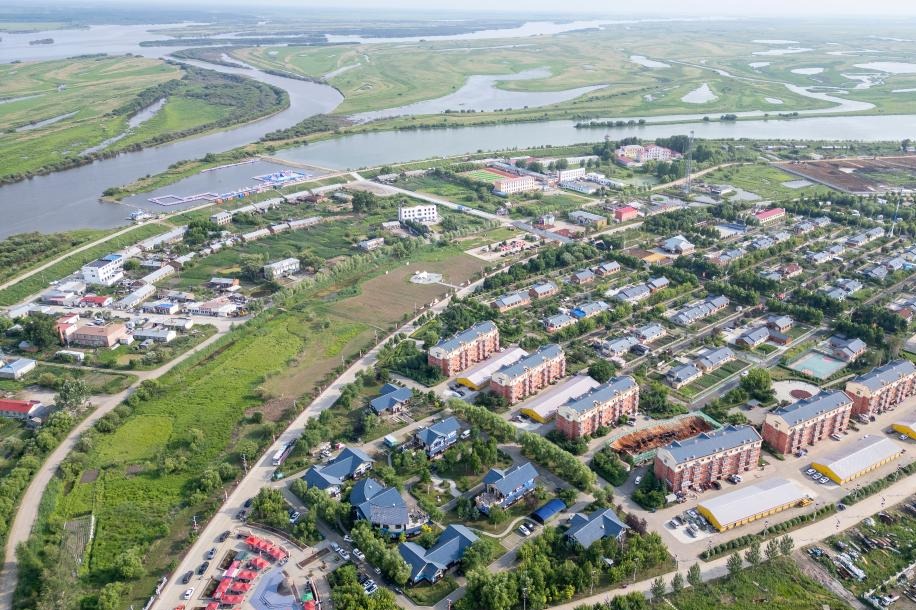Seminar strengthens dialogues over South China Sea

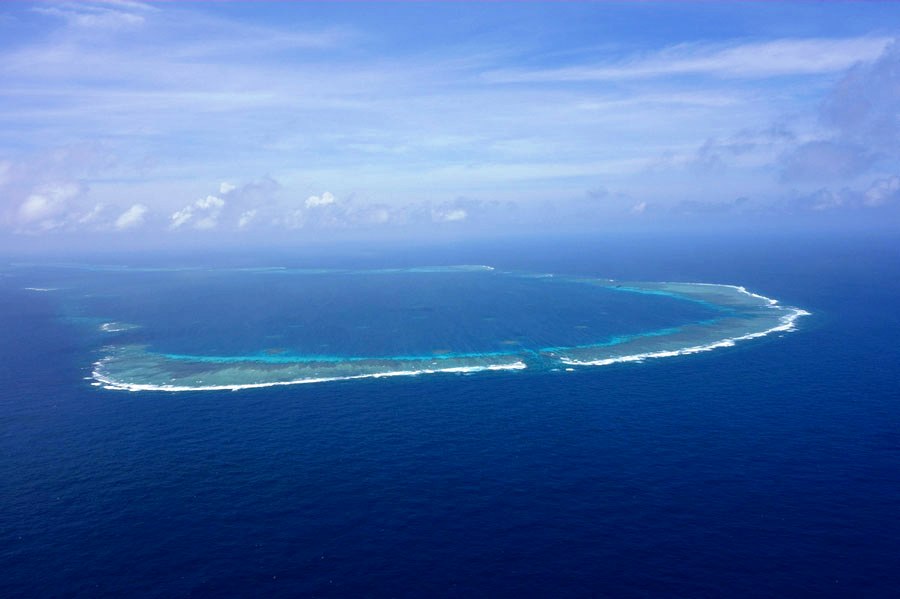
In a seminar held in Beijing on Saturday, scholars emphasized the importance of maintaining the post-World War II international order and respecting territorial sovereignty for achieving lasting peace and stability.
Wu Jilu, director of the China Institute for Marine Affairs, delivered the opening remarks, emphasizing the importance of maintaining the post-World War II international order and respecting territorial sovereignty for achieving lasting peace and stability. He said China's reclamation of sovereignty over the Xisha and Nansha islands is an integral part of the post-war order in the South China Sea.
Historical records from France, the United Kingdom and the United States show how some countries gradually began interfering in the South China Sea.
"It's been made complicated deliberately," said Mark Hoskin from King's College London. He was speaking at an international seminar on reviewing historical documents on the South China Sea, hosted by the China Institute for Marine Affairs, and co-hosted by the College of Liberal Arts, Shanghai University, in Beijing on Saturday.
More than 40 experts and scholars from countries such as China, Malaysia, the Philippines, Portugal, Russia, Singapore, and the United Kingdom attended the event.
During a panel discussion on the historical and legal aspects of China's reclamation of the Nansha Islands, Hou Yi, a research fellow on Chinese history studies, traced China's development of the South China Sea throughout history, noting that documented references to the region date back to the Western Han Dynasty (206 BC-AD 24).
Hou added that nowadays, China's activities in the South China Sea not only serve its sovereignty and development but also include fulfilling international responsibilities, such as public rescue operations.
Participants also explored measures for dispute management and better regional cooperation to promote peace and co-development in the South China Sea.
Several experts, such as Xiamen University professor Fu Kuncheng, and Beijing Institute of Technology professor Anthony Carty, called for deeper and broader international dialogues and discussions to help resolve the issue.
The seminar also commemorated the 80th anniversary of victory in the World Anti-Fascist War.

















